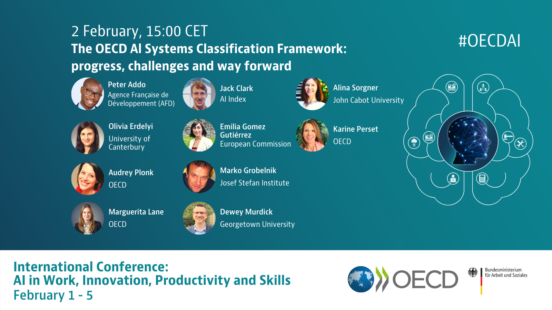Dr Sebastian Hallensleben is the Chair of CEN-CENELEC JTC 21 where European AI standards to underpin EU regulation are being developed, a member of the Expert Advisory Board of the EU StandICT programme and Chair of the Trusted Information working group. He co-chairs the AI Risk & Accountability work in the Expert Community and has roles in AI committees at the Council of Europe and UNESCO.
Sebastian is Chief Trust Officer at Resaro Europe, prior to which he led on Digital Trust and Artificial Intelligence at VDE Association for Electrical, Electronic and Information Technologies, where he was responsible for new product and service development as well as for giving advice and developing frameworks for the German parliament and several federal ministries as well as the European Commission. He focuses in particular on AI ethics, on handling the impact of generative AI, building privacy-preserving trust infrastructures (including a Moonshot initiative at KI Park) as well as characterising AI quality with the recent launch of the AI Quality & Testing Hub and the international AI Quality Summit.
Earlier, Sebastian Hallensleben worked on dialog facilitation between academia, industry and policymaking (e.g. in the context of federal research foresight) and in international infrastructure project development for waste, energy and drinking water. He holds a PhD in physics and began his professional life in IT development and solutions architecture in the financial and telecoms sectors.




























